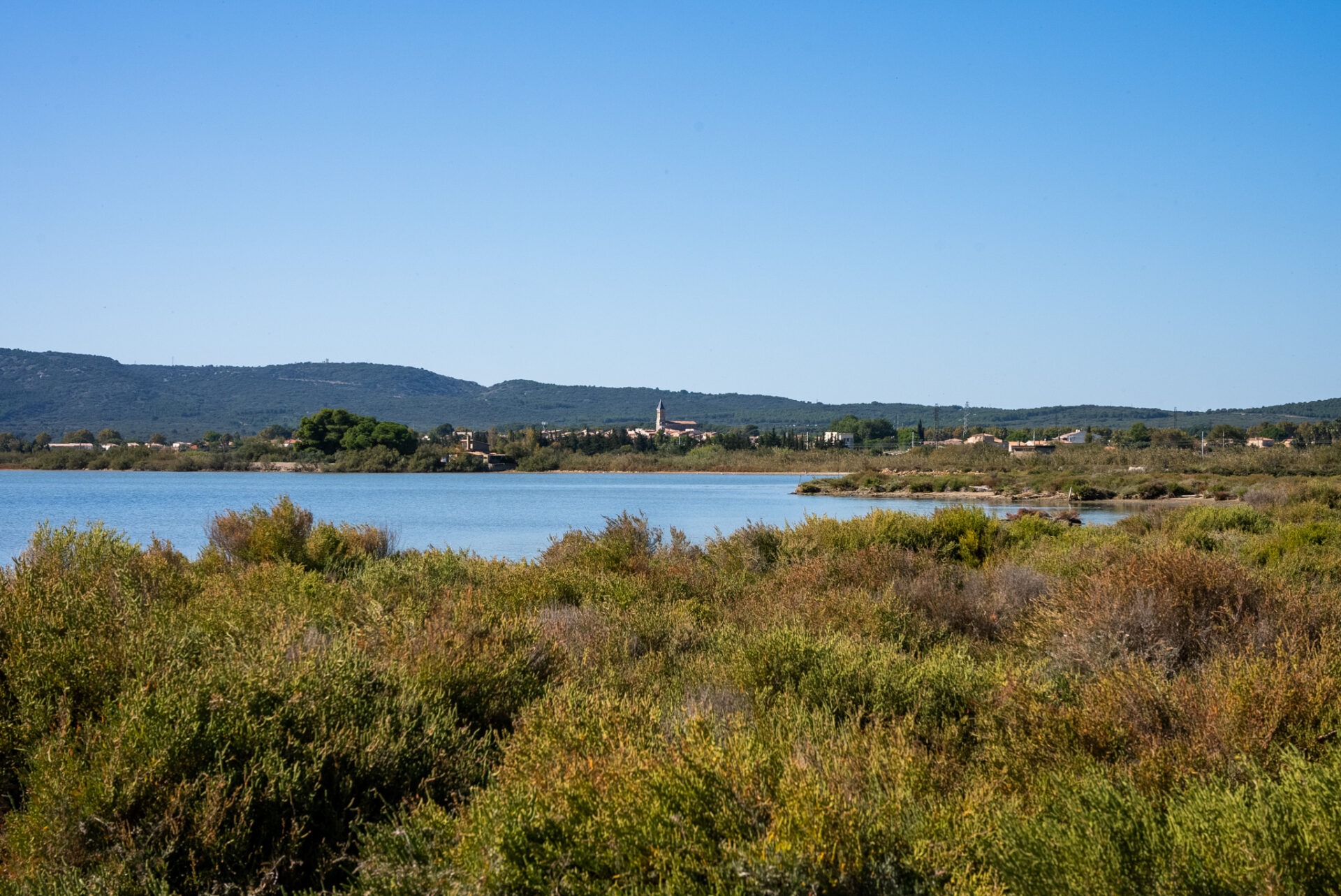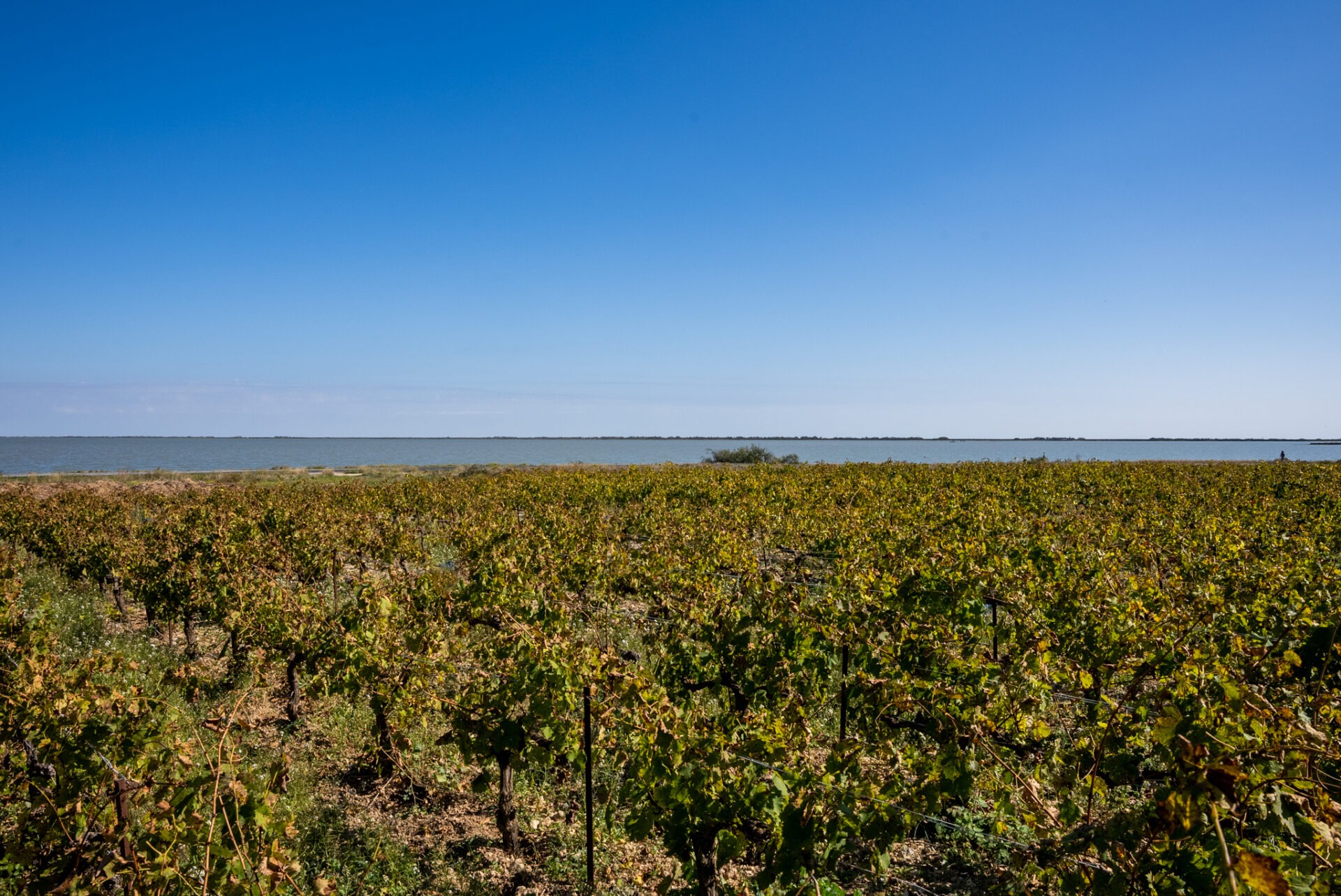AOP Muscat de Mireval
The sweet touch


What is unique about this tiny appellation?
Located South of Montpellier, it produces dessert wines that work an absolute treat with the finest cheese boards.

Muscat de Mireval and its geography
Delineated by the Gardiole range of hills to the North, the area around Frontignan to the West and the sea and the coastal lagoons in the South, this appellation benefits from hot and dry climate, though when the sea breeze does blow, a welcome coolness and relative dampness pervade the vineyards.

Foundation
1959
Territory
2
villages
Production
104 HA
Producers
7 independent and co-operative wineries.
Colours
white
100%


Main grape varieties
authorized for the whites
muscat petits grains blanc
Terroir


This little appellation is rooted in clay-limestone gravel, scree covered with a mantle of red clay or Jurassic limestone enriched with Miocene limestone soils, like those on the plateau of Les Aresquiers. The slopes of the Gardiole contain primarily limestone, whereas the vines planted along the shores of the lagoon have more clayey soils.
The appellation’s sole grape variety is Muscat à petits grains. Its specifications contain some key aspects, the most significant of which are the wine’s minimum ABV of 15% and residual sugar of 110g. Although the area’s winegrowers do bottle dry Muscat wines, this specific appellation is reserved for dessert wines produced by fortification. A spirit is added to the juice to arrest fermentation at a stage when not all the sugar has been ‘digested’ by the yeast.

History

Once set within the dominion of Muscat-de-Frontignan, Mireval’s vineyards were ousted in 1935 before gaining a stand-alone appellation in 1959. Its boundaries embrace two villages – Mireval and Vic-la-Gardiole – between Montpellier and Sète. Rewinding the clock, a few decades ago enthusiasts drank sweet wines as an aperitif and Muscat-de-Mireval was no exception. With this fashion now long gone, it is recommended for foie gras. Even better though, its length on the palate and its powerful heady flavours make it the ideal companion for soft cheeses like Munster, Epoisses and Maroilles.





